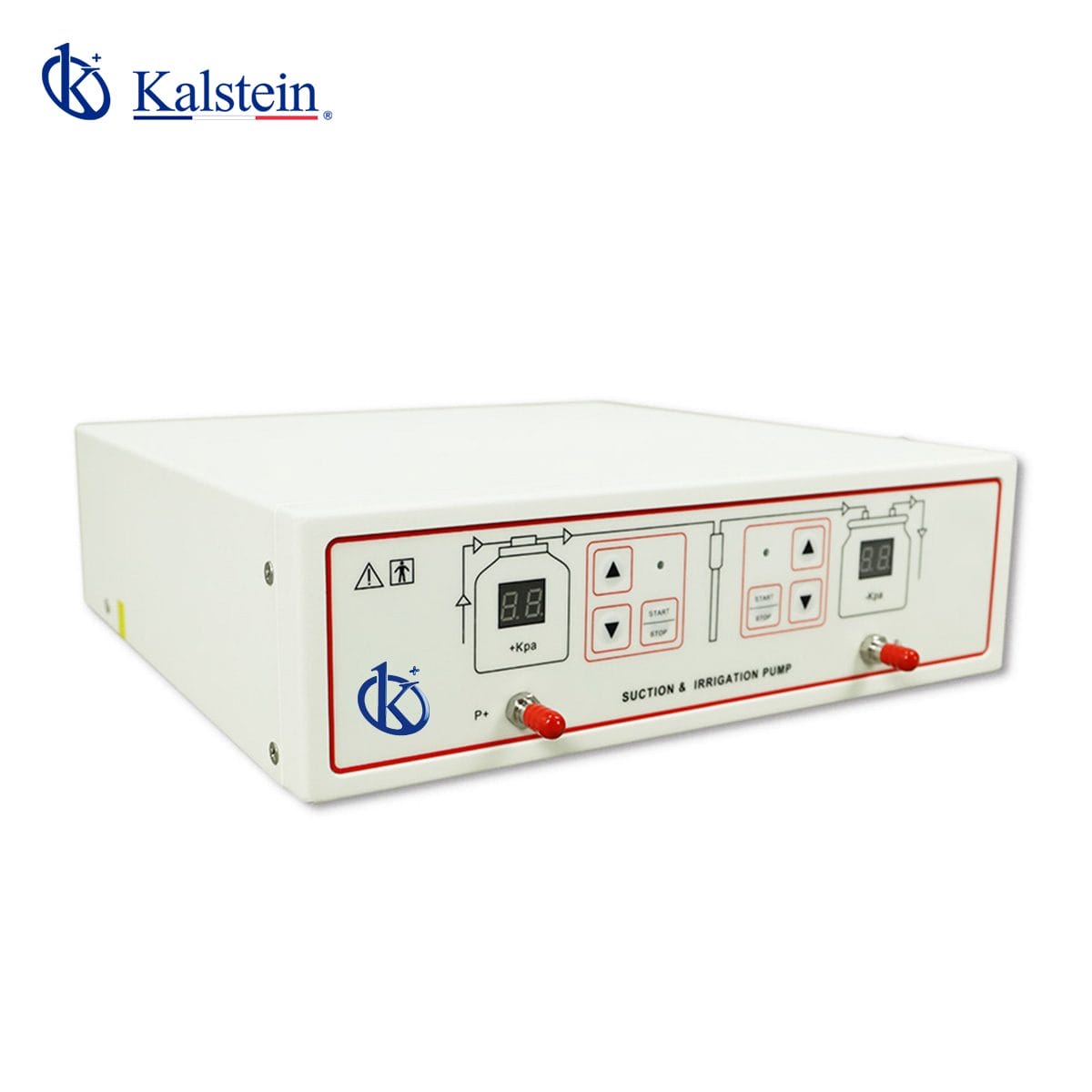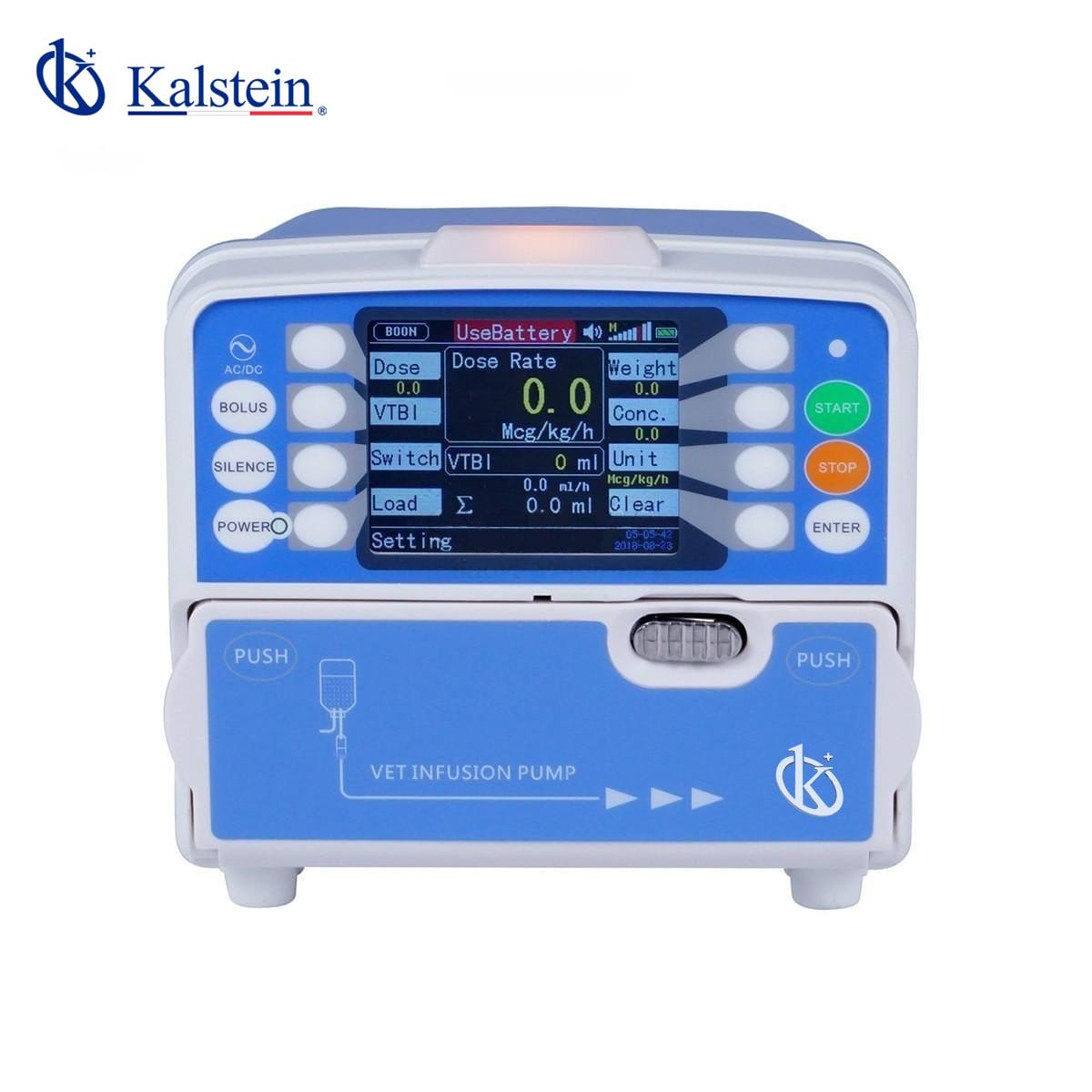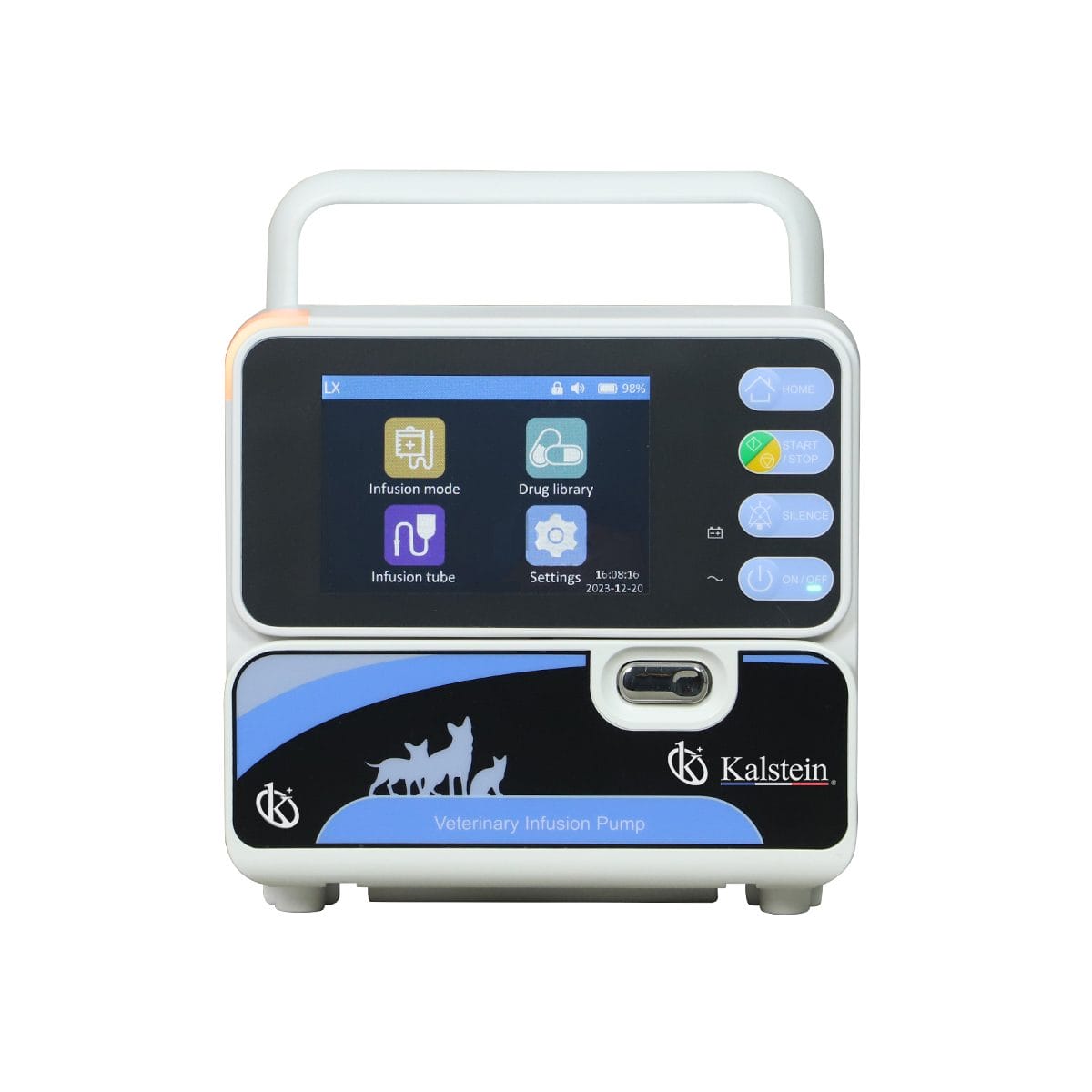We can find different types according to their applications or operation, and they may even have different names to refer to the same equipment, we can name them as laboratory analyzers, clinical analyzers or simply reagent analyzers.
At KALSTEIN we can offer the best and most up-to-date laboratory analyzers, which have a broad main classification and in turn these have subcategories, laboratory analyzers perform analyzes through substances or samples, using reagents; we as a manufacturing company have an interesting range of laboratory analyzers, developed with the best technology on the market and coupled with that with the best designs that cover the most demanding requirements of any laboratory, yielding the most effective and accurate results.
Types of laboratory analyzers according to their performance
According to their performance, the laboratory analyzers are classified into two automatic and semi-automatic models, according to the manufacturer, the differences between the analyser equipment is in the technical sheet or individual characteristics of the equipment, what is important is to have a reliable manufacturer that can give immediate answers to possible doubts or technical failures of the equipment; in this case we at KALSTEIN offer you high-end equipment and warranty with European recognition.
In a laboratory it is really important to understand how each equipment works, in the case of laboratory analyzers, the analyzers are classified according to their operation in : automatic and semi-automatic, what it shows is the speed with which it determines the tests that are required, the results that are desired to obtain, the analyzers of automatic laboratories, allow to facilitate the functions that are performed in it, unlike the semi-automatic analyzers, where the process requires more manual intervention and the operator to ensure the correct functionality of the equipment, in KALSTEIN, since we have the best materials and qualified personnel, which guarantees the effectiveness and efficiency of the equipment.
Types of laboratory analyzers according to their application
However, if we already know that we have two types according to their operation: automatic and semi-automatic, now the laboratory analyzers are classified according to their utility and applications, this is the case of KALSTEIN, where we offer equipment of wide range, described below:
- Coagulation Analyser: This equipment has the function of measuring with precision and accuracy the coagulation factors, which are essential to stop bleeding in the patient, is also performed to detect possible abnormalities that can lead to excessive bleeding or thrombosis. Perform all routine tests such as PT.APTT.TT Fibrinogen and clotting factors.
- Electrolyte Analyser: This instrument is used in hospitals and clinics, its function is to measure K +, Na +, Cl-, Ca2 +, Li ions and TCO2, as well as pH, AG values in samples of whole blood, serum, plasma, dilute urine solution; at the same time it is able to determine the amount of electrolytes in a sample, and indicate the values of sodium, potassium and chlorine present in samples of blood, plasma or serum.
- Hematology analyser: This analyser has extensive applications in the complete blood count (CBC), or blood counts; perform quantitative and qualitative analysis of blood elements, such as: red blood cells, erythrocytes, white blood cells, leukocytes, platelets, thrombocytes; among other options: automatic sampler to manage samples, staining system and slide preparation, for cases where the result of the test requires a smear, PCR analysis to detect risks of inflammation.
- Urine analyser: this type of analyser is mainly used in clinical laboratories, and are important for the diagnosis of diseases, because the urine has biological substances product of the metabolic processes of the body, some diseases that are detected by the urine analyser are: Urinary infections, performing cultures, detection of increase of white cells in the blood, among others. It is important to understand that urine also helps to be more cautious in responding to patient concerns, therefore, here are some usefulness of this kind of analysers: detect highly infectious diseases, know or determine that we can use it to determine pregnancy tests, diabetes, liver problems, urinary tract infection, blood in urine.
- Chemistry Analyser: the use of this type of analyser is to detect existing metabolites in biological samples: blood or urine, the study of these fluids allows the doctor to diagnose diseases, this analyser is used for measuring creatinine in the urine to check the filtration capacity of the kidneys.
- Semen analyser: this equipment offers an advantage in the routine work of a laboratory, and although it can be a long process and with certain quality requirements, the possibilities of this equipment are immense such as facilitating the readings of concentration, total motility, progressive motility and sperm kinetics, performing chemical tests and immunoassay for seminal plasma
- HbA1c Analyser and Reagents: This is an automatic analyser used for the measurement of glycated hemoglobin (HbA1c), this is a semi-automatic equipment that fulfills specific functions to meet the needs and requirements of clinics and laboratories, some; to detect and control diabetes.
If you want to purchase any of these equipment for laboratory tests required to detect any disease in the patient, please be aware to contact the best, this service we can offer you through our online channels and at the best PRICE in the market, also if you want to know the catalog of high-end products that KALSTEIN have for you visit us HERE we assure you that through our online PURCHASE channels that are very easy and viable from anywhere in the world, reminding them that we are a manufacturer of high-level laboratory equipment for sale.



